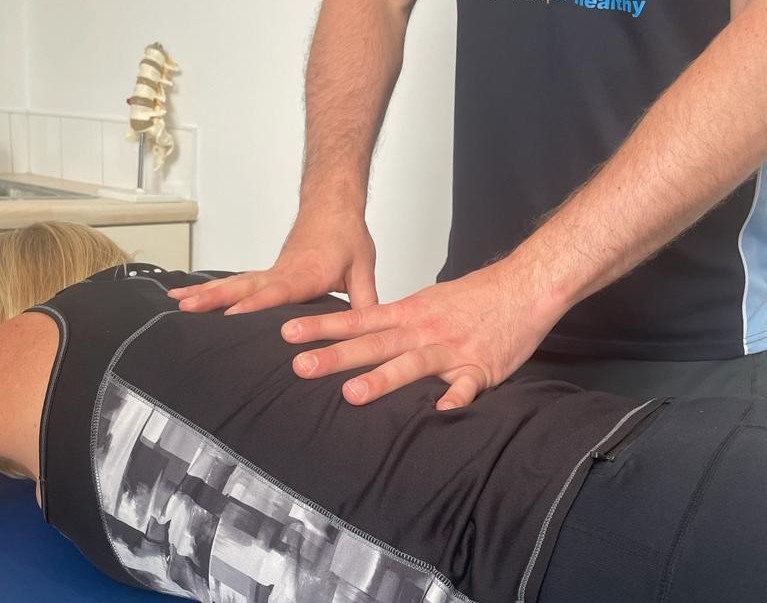Face to Face Physiotherapy
Our unique style of Face to Face Physiotherapy follows an Accelerated Recovery model (see link below) enabling accurate diagnosis/effective treatment. At the initial assessment, the following takes place:
Thorough history taking of the injury
Objective testing including palpation with the diagnosis discussed with you immediately
Effective hands-on treatment with the aim of improving function/reduction of pain
An individualised Home Exercise/Strength programme will be emailed to you post-treatment
Follow up treatments/possible Face to Face or Video Link class trial will be discussed at the end of the appointment so there is a clear plan in place
If onward referral is indicated (e.g. for x-rays/consultant review), a letter will be printed or emailed to you as soon as possible
ACCELERATED RECOVERY AND REHABILITATION WEBINAR:
https://www.facebook.com/166464966686/videos/1891879860969715
What is Physiotherapy?
Physiotherapy is a healthcare profession with a scientific foundation. The range of work is very broad and varied and involves working with people to promote their own health and well-being.
Physiotherapy helps restore movement and function to as near normal as possible when someone is affected by injury, illness, or by developmental or other disability.
Chartered Physiotherapists combine their knowledge, skills, and approach to improve a broad range of physical problems associated with different 'systems' of the body.
In particular, they treat neuromuscular (brain and nervous system), musculoskeletal (soft tissues, joints and bones), and cardiovascular and respiratory systems (heart and lungs and associated physiology).
People are often referred for physiotherapy by doctors or other health and social care professionals. Increasingly, as a result of changes in health care, people are referring themselves directly to physiotherapists without previously seeing any other health care professional.
Physiotherapists work autonomously, most often as a member of a team with other health or social care professionals. They may be employed or self-employed and can work alone.
Physiotherapy practice is characterised by reflective behaviour and systematic clinical reasoning, both contributing to and underpinning a problem-solving approach to patient-centred care.







